Becoming a Doctor of Nursing Practice (DNP) in the United States is a rewarding career path with expanded clinical autonomy, leadership opportunities, and high earning potential. DNPs are advanced practice registered nurses (APRNs) who serve as expert clinicians, nurse leaders, and health care innovators in diverse settings. This guide will walk you through the DNP journey – from education and licensing to timelines, costs, salaries, and job outlook – so you can decide if this nursing degree aligns with your goals.
What Is a Doctor of Nursing Practice (DNP)?
The Doctor of Nursing Practice (DNP) is the highest practice-focused degree in nursing. It is a doctoral program (beyond the BSN and MSN) that prepares nurses to apply research in clinical practice, influence health policy, and take on leadership roles. DNPs typically qualify as APRNs (advanced practice registered nurses) – such as nurse practitioners, nurse anesthetists, or nurse midwives – providing advanced patient care and healthcare leadership.
A registered nurse (RN) usually holds a bachelor’s (or associate) degree and provides direct bedside care. In contrast, a DNP-prepared nurse has doctoral-level training, allowing for greater autonomy, broader scope of practice (like diagnosing and prescribing), and opportunities in high-level clinical or administrative positions. In many states, DNP-level practitioners (e.g. nurse practitioners) can practice independently much like physicians, whereas RNs practice under supervision within a narrower scope.
How to Become a Doctor of Nursing Practice (DNP)
1. Earn an RN License
Begin by becoming a registered nurse (RN). This typically means earning a Bachelor of Science in Nursing (BSN) degree and passing the NCLEX-RN licensing exam. Strong foundational clinical skills as an RN are crucial before advancing. Some DNP programs require a BSN for entry (though RN-to-MSN bridge paths exist). Not an RN yet? See our Registered Nurse Career Guide: How to Become a Registered Nurse (RN) to get started.
2. Gain Clinical Experience
Work for 1-2 years (or more) as a practicing RN to build real-world clinical experience. Hands-on experience in areas like med-surg, ICU, or primary care refines your clinical judgment and bedside skills. Many DNP programs (especially advanced practice tracks like nurse anesthesia) prefer or require applicants to have professional RN experience in relevant specialties.
3. Complete a Graduate Program
Enroll in an accredited DNP program. DNP programs accept BSN-prepared nurses (in BSN-to-DNP tracks) or MSN-prepared nurses (in MSN-to-DNP tracks). The curriculum includes advanced coursework in pharmacology, pathophysiology, health assessment, leadership, and evidence-based practice, plus ~1,000 clinical hours and a capstone DNP project. APRNs must have at least a graduate degree (MSN or higher) in an advanced practice specialty. Full-time BSN-to-DNP programs typically take 3–4 years, while post-MSN DNP programs take about 1.5–2 years.
4. Pass a National Certification Exam
After graduating with the DNP (in an advanced practice role), you must pass a national certification exam in your specialty. For example, nurse practitioner graduates take board exams like the AANP or ANCC exam for their population focus (e.g. Family NP, Adult-Gerontology NP), nurse anesthetists take the NBCRNA exam, and nurse midwives take the AMCB exam. This certification is required to demonstrate clinical competency in your APRN role.
5. Obtain State APRN License
With your national certification, apply for state licensure as an APRN in your specialty (e.g. NP, CRNA, CNM). Each state’s Board of Nursing grants Advanced Practice licenses. You’ll submit proof of your DNP (or MSN) degree, certification, RN license, and any other state-specific requirements (such as physician collaboration agreements where required). Once approved, you are legally authorized to practice as an advanced practice nurse in that state.
6. Maintain Certification & Continuing Education
Congratulations – you’re a DNP! The journey isn’t over, though. To stay licensed, you must maintain your board certification and state license through continuing education (CE) and periodic renewals. Most APRN certifications are renewed every 5 years (e.g. nurse practitioners need ~100 CE hours plus some clinical practice hours or re-exam). State licenses are renewed every 1–2 years with required CEs. Staying current with best practices through lifelong learning is an ongoing part of a DNP’s career.
| Stage | Typical Duration | Milestones & Requirements |
|---|---|---|
| BSN Degree (RN preparation) | 4 years (full-time) | Complete BSN program; pass NCLEX-RN for RN license. |
| RN Clinical Experience | 1–3 years (variable) | Work as an RN; develop clinical skills and specialty interest. |
| DNP Program (BSN-to-DNP) | 3–4 years (full-time) | Advanced coursework, ~1,000 clinical hours, and DNP scholarly project. (If already MSN: ~2 years full-time for DNP). |
| Certification Exam (APRN) | Few months (exam prep) | Sit for national board exam in chosen specialty (e.g. FNP-BC, CRNA, etc.). |
| State APRN Licensure | Weeks to months (processing) | Apply to state Board of Nursing for APRN license; submit transcripts, certification, background check. |
| Continuing Education & Renewal | Every 2–5 years (ongoing) | Renew APRN certification (5 years) and RN/APRN licenses (typically 2 years) by meeting CE requirements and practice hours. |
Cost to Become a Doctor of Nursing Practice (DNP)
Pursuing a DNP involves significant educational expenses, but smart planning can mitigate costs. Tuition varies widely by program and location. For example, a BSN-to-DNP program can range from about $41,000 up to $75,000 in tuition on average, while a shorter MSN-to-DNP program might cost $21,000–$39,000. On top of tuition, factor in fees for exams, licensing, and study materials. To save, many students utilize employer tuition reimbursement, scholarships, or attend in-state/public programs. Online DNP programs can sometimes offer lower in-state rates or flexible scheduling to allow you to work while studying.
| Expense | Low Estimate | High Estimate |
|---|---|---|
| BSN Degree Tuition (4-year) | ~$40,000 (public in-state) | ~$100,000+ (private out-of-state) |
| DNP Program Tuition (graduate) | ~$20,000 (post-MSN program) | ~$75,000 (BSN-to-DNP program) |
| Licensing Exams (NCLEX-RN, NP boards) | ~$200 (NCLEX) | ~$400 (NP certification exam) |
| State Licensure Fees (RN & APRN) | ~$100 (some states) | ~$500 (initial APRN in some states) |
| Continuing Education & Renewals (ongoing) | ~$100/renewal (license, cert fees) | ~$300/renewal + CE course costs |
Many employers offer tuition assistance or loan forgiveness if you return as an APRN employee. Scholarships and grants for nursing graduate students are also widely available. Additionally, planning to work part-time during a DNP program or choosing a hybrid online format can help manage costs and income.
What DNPs Do (Roles & Responsibilities)
Daily Clinical Tasks
A DNP’s daily work often mirrors that of a physician in scope and complexity. In advanced clinical roles (like nurse practitioners), DNPs assess patients, perform physical exams, diagnose illnesses, order and interpret lab tests, and formulate treatment plans. They prescribe medications and therapies, coordinate care, and may perform procedures within their scope (for example, suturing wounds or managing ventilators). DNPs blend nursing’s holistic approach with advanced diagnostics and treatment, ensuring patients receive comprehensive care. In essence, a DNP is often the primary care provider or specialist on the team – examining patients, making critical decisions, and following up to track outcomes.
Patient Education & Advocacy
Education and advocacy are core to the DNP role. DNPs devote time to counseling patients on their conditions, medications, and lifestyle modifications to promote health. They translate complex medical information into understandable terms, empowering patients to participate in their own care. DNPs also serve as patient advocates – ensuring that individuals’ needs and preferences are heard in care plans. They might coordinate community resources, lead wellness programs, or champion public health initiatives. By emphasizing health promotion and disease prevention, DNPs help patients and communities make informed decisions and adopt healthier behaviors (a hallmark of the nursing model).
Scope Variations by State
Scope of practice for DNPs can vary significantly by state. In over half of U.S. states, nurse practitioners (including DNP-prepared NPs) have full practice authority, meaning they can evaluate patients, diagnose, and prescribe independently without physician oversight. Other states have reduced or restricted practice, requiring NPs to collaborate with or be supervised by a physician for certain tasks (like prescribing controlled medications or operating an independent clinic). For example, a DNP-FNP in Arizona can run their own practice, while one in Texas might need a physician agreement for prescribing. These state laws are evolving – the trend is toward granting NPs greater autonomy to improve healthcare access. It’s important for DNPs to understand their state’s regulations, as practice authority impacts the scope of services they can provide.
Salary & Job Outlook
DNP-prepared nurses (such as NPs, CRNAs, and other APRNs) enjoy high salaries and robust demand. The median annual salary for nurse practitioners is about $132,000, though exact figures vary by role and region. Top earners (90th percentile) make approximately $165,000+ per year, especially in specialized roles like anesthesia. Below is a comparison of salaries in a few states, illustrating the range from highest-paying to lowest:
| State | Avg Annual Salary |
|---|---|
| California (highest) | ~$158,130 |
| New Jersey | ~$143,250 |
| South Carolina | ~$113,950 |
| Alabama | ~$109,650 |
| Tennessee (lowest) | ~$108,180 |
Geography influences pay: generally, Western & Northeastern states offer higher salaries (often reflecting higher cost of living and full practice laws), whereas Southern states tend to pay lower salaries. Regardless of location, the job outlook for DNPs is extremely strong. The Bureau of Labor Statistics reports a 40–46% growth rate this decade for advanced practice nurses – among the fastest of all occupations. This surge is driven by the aging Baby Boomer population (increasing the need for primary and chronic illness care), a nationwide physician shortfall in primary care, and a push to improve healthcare access and outcomes. In short, DNPs are in high demand, and that demand is only expected to grow.
Specializations & Subspecialties
DNPs can pursue a variety of specialties and subspecialties, depending on their interests. Here are some of the major DNP specializations and what they entail:
Nurse Practitioner (NP) Specialties
Many DNPs are nurse practitioners who focus on a patient population or setting. For example, a Family Nurse Practitioner (FNP) provides primary care across the lifespan (pediatrics through adults), often in clinics or private practices. An Adult-Gerontology Acute Care NP (AG-ACNP) manages seriously ill adults in hospitals and ICUs. A Psychiatric-Mental Health NP (PMHNP) specializes in mental health assessment, therapy, and psychiatric medication management in settings like behavioral health clinics or hospitals. All NP tracks require certification (e.g. FNP-BC, PMHNP-BC) and equip DNPs to serve as primary or specialty care providers for their chosen population.
Nurse Anesthetist (CRNA)
DNPs in nurse anesthesia administer anesthesia and pain management. CRNAs work in operating rooms, surgical centers, and critical care units, providing anesthesia for surgeries and procedures. They induce and monitor anesthesia, manage airways, and ensure patient safety during surgery. This role demands intense training in pharmacology and physiology; DNP nurse anesthesia programs typically require prior ICU nursing experience. After graduation, nurse anesthetists earn the CRNA credential by passing a national exam. CRNAs are among the highest-paid nursing specialists and often have a high degree of autonomy (in some states, CRNAs practice without anesthesiologist supervision).
Nurse Midwife (CNM)
DNP-prepared nurse midwives specialize in obstetric and gynecological care. Certified Nurse-Midwives provide prenatal care, deliver babies, and offer postpartum and reproductive health services. They often work in hospitals, birth centers, or OB/GYN clinics, sometimes managing normal pregnancies independently or co-managing higher-risk cases with physicians. CNMs also focus on patient education in childbirth preparation, breastfeeding, and women’s health. To practice, DNP nurse midwives must pass a certification exam to earn the CNM credential. This specialization appeals to those passionate about women’s health and supporting mothers through pregnancy and birth.
Clinical Nurse Specialist (CNS)
A DNP can also focus on the Clinical Nurse Specialist role, which is an APRN who provides expert consultation and indirect patient care in a specialized area (for example, oncology, pediatrics, or critical care). CNSs often work in hospitals to improve nursing practices, lead quality improvement projects, and educate staff – they are clinical experts and problem-solvers for complex cases. DNP-CNS programs prepare nurses in advanced physiology, research application, and system leadership. CNSs typically get certified in their specialty (such as CCRN for critical care, or specific CNS-board certifications). While CNSs may not provide primary care like NPs, they influence patient outcomes by elevating the standard of care in their organizations.
Nurse Leadership & Administration
Not all DNPs stay in direct patient care – some move into executive, informatics, or academic roles. DNPs with a leadership or administration focus use their clinical background and doctoral training to impact healthcare at the systems level. They may become hospital chief nursing officers (CNOs), clinic directors, health policy advisors, or nursing faculty. These roles involve strategic decision-making, program development, and influencing health policy. A DNP in executive leadership might, for instance, lead quality improvement initiatives or implement evidence-based practice changes across a health system. Additional training or certification (such as Nurse Executive-Board Certified, NE-BC) can bolster a leadership track. This path is ideal for those who want to shape healthcare delivery and mentor the next generation of nurses.
Subspecialty Snapshot
Below is a table summarizing key subspecialties for DNPs, their focus, practice settings, and any extra requirements:
| Subspecialty | Focus & Responsibilities | Typical Settings | Extra Training/Cert |
|---|---|---|---|
| Family Nurse Practitioner (FNP) | Primary care for all ages; manage common illnesses, preventive care, chronic disease management. | Outpatient clinics, private practices, community health centers. | FNP-BC or FNP-C board certification (ANCC or AANP exam). |
| Adult-Gerontology Acute Care NP (AG-ACNP) | Acute and critical care for adults & seniors; hospital medicine, ICU procedures, complex illness management. | Hospitals, ICUs, specialty inpatient units. | AG-ACNP board certification; often requires prior ICU/acute care RN experience. |
| Psychiatric-Mental Health NP (PMHNP) | Mental health assessment, therapy, and psychiatric medication management across the lifespan. | Behavioral health clinics, psychiatric hospitals, private practice. | PMHNP-BC certification (ANCC exam); training in psychotherapy modalities. |
| Nurse Anesthetist (CRNA) | Administration of anesthesia, analgesia, and perioperative care; patient sedation and pain control. | Operating rooms, surgical centers, labor & delivery, military medical units. | Graduate from DNP anesthesia program; pass NBCRNA certification exam; (ICU RN experience pre-DNP required). |
| Nurse Midwife (CNM) | Maternity and reproductive care; prenatal care, delivering babies, postpartum and newborn care, well-woman exams. | Hospitals, birthing centers, OB/GYN clinics, home birth practices. | MSN/DNP in midwifery; pass AMCB certification exam to earn CNM credential. |
Professional Organizations & Resources
Joining professional organizations can greatly enhance a DNP’s career through networking, continuing education, and advocacy. Below are key organizations and resources for DNPs and APRNs:
| Organization | Membership/Reach | Mission | Member Benefits |
|---|---|---|---|
| American Association of Nurse Practitioners (AANP) | 100,000+ members; represents 431,000 NPs across the U.S.. | To empower NPs and advance high-quality, accessible health care through practice, education, advocacy, and research. | CE courses and conferences; free subscriptions to JAANP journal; clinical practice tools; advocacy at state and federal levels; networking through local chapters and online communities. |
| American Nurses Association (ANA) | Broadest U.S. nursing organization (open to 4+ million RNs; tens of thousands of members nationwide). | To promote the nursing profession, set standards of practice, and improve health for all. ANA advocates for nurses in policy and provides resources for professional development. | Access to journals (American Nurse), ANA conferences; extensive CE library; discounts on certification exams and insurance; networking via state nursing associations; Magnet® and specialty nursing initiatives. |
| American Association of Nurse Anesthesiology (AANA) | ~65,000 members (CRNAs & students); represents certified nurse anesthetists nationwide. | To advance and protect the nurse anesthesia profession – advocating for fair reimbursement, full practice authority, and patient safety in anesthesia care. | CRNA-specific CE opportunities; annual Congress meeting; professional practice support (malpractice resources, scope of practice guides); wellness and peer assistance programs; networking and leadership opportunities within committees. |
| American College of Nurse-Midwives (ACNM) | ~7,000 members (certified nurse-midwives and midwifery students) in the U.S. | To support midwives and advance the practice of midwifery, thereby improving sexual and reproductive health outcomes for women and infants. | Annual conference and clinical workshops; access to Journal of Midwifery & Women’s Health; clinical practice guidelines; leadership opportunities in committees and local affiliate chapters; mentorship programs for new midwives. |
| National Organization of Nurse Practitioner Faculties (NONPF) | ~2,000 members (educators and leaders in NP education). | To ensure quality NP education by promoting innovation and excellence in curriculum, teaching, and faculty development. (Sets competencies for NP programs.) | Curriculum resources and best practices for DNP/NP educators; conferences on teaching the next generation of NPs; networking among academic leaders; opportunity to shape NP educational standards. |
| Doctors of Nursing Practice, Inc. (DNP Online Community) | N/A (open online community for DNPs and students). | To enhance the profession by connecting DNP practitioners, sharing evidence-based practice projects, and supporting leadership and collaboration among DNP-prepared nurses. | Online forums and discussions; repository of DNP scholarly projects; webinars and virtual conferences; job board for DNP-level positions; mentorship and collaboration opportunities across disciplines. |
Note: Many specialty organizations exist as well (e.g. Emergency Nurses Association, Oncology Nursing Society). DNPs should consider joining groups aligned with their specialty for targeted resources. Membership fees are often discounted for students or new graduates, and employers may cover professional dues as part of benefits.
Ready to Become a Doctor of Nursing Practice?
Pursuing a Doctor of Nursing Practice means stepping into a role that blends advanced clinical insight with leadership. Successful DNPs excel at translating complex medical information into clear language for patients, families, and interdisciplinary teams. They sharpen their clinical judgment by weighing evidence, risks, and benefits at the bedside and in broader system-wide decisions. Alongside these technical abilities, they lead quality-improvement efforts, inspire colleagues, and keep empathy at the center of every interaction—head and heart working together.
A thriving DNP career also hinges on curiosity and adaptability. Healthcare knowledge, technology, and policy move fast; those who commit to continual learning stay ahead and offer cutting-edge, evidence-based care. In return, DNPs enjoy greater practice autonomy, top-tier earnings, and a platform to influence care delivery, education, and even legislation. The trade-offs are real: years of doctoral study, significant tuition costs, and responsibility for high-stakes decisions that can test resilience. State practice laws may still limit independent practice in certain regions, and leadership roles can stretch work–life balance.
If you’re eager to shape the future of nursing, the DNP pathway offers both challenge and reward. It demands communication finesse, decisive thinking, and lifelong learning, yet provides the authority to drive meaningful change and mentor the next generation of nurses. Reflect on your goals, resources, and appetite for responsibility; then decide whether it’s time to take that next bold step toward doctoral-prepared nurse leadership.
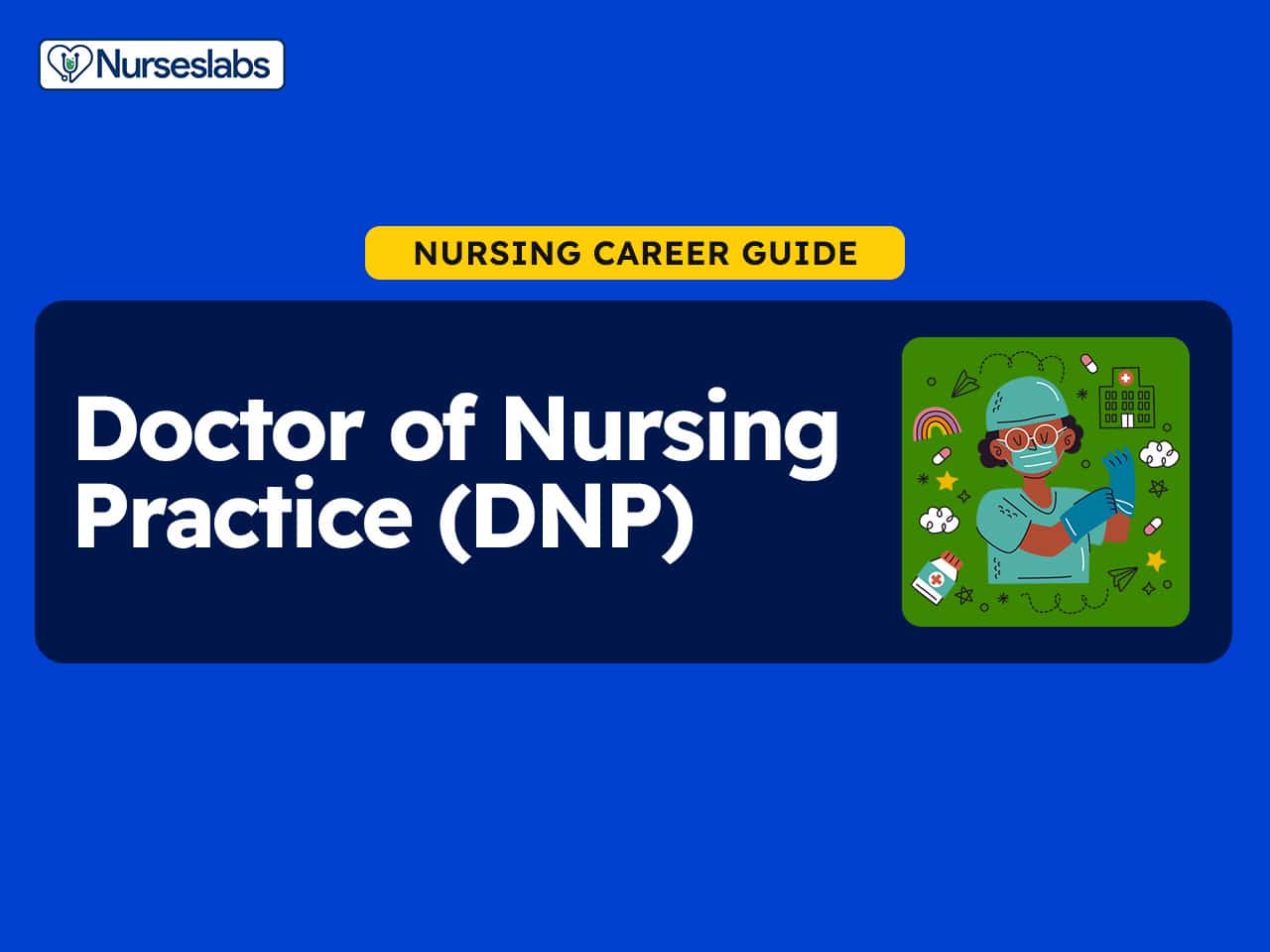
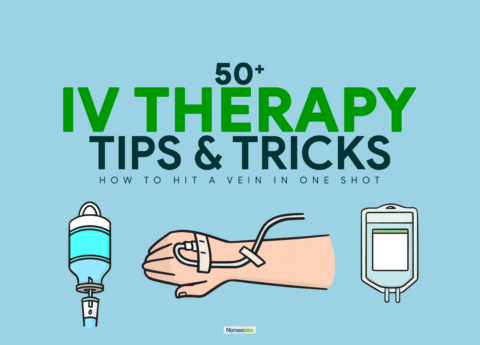
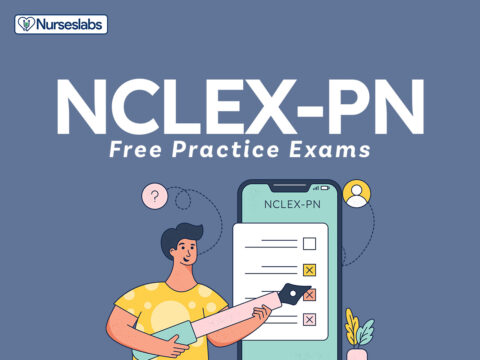

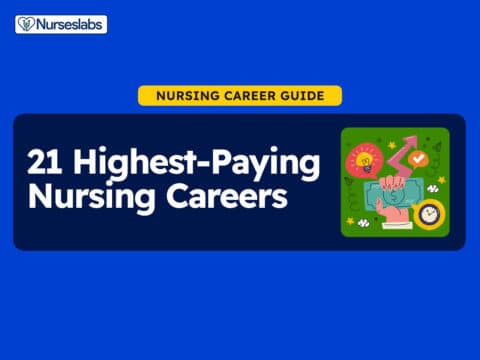

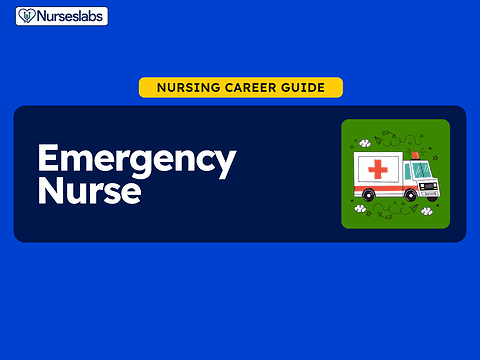
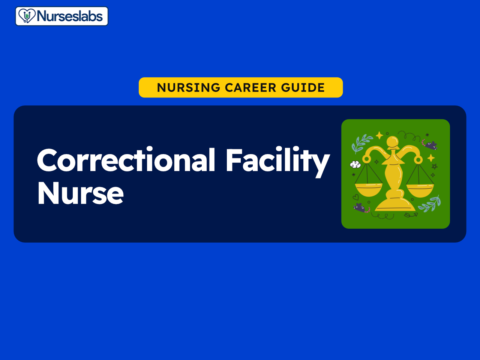
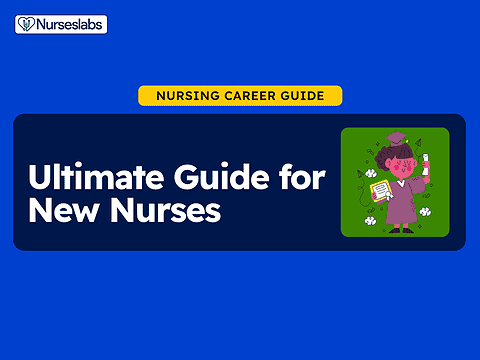
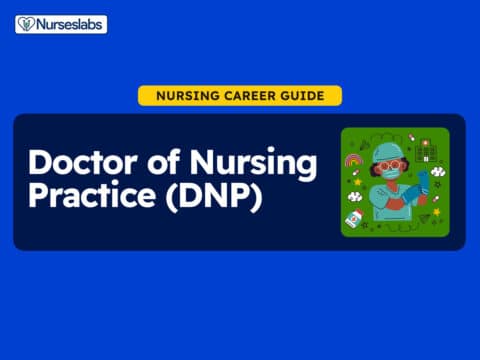
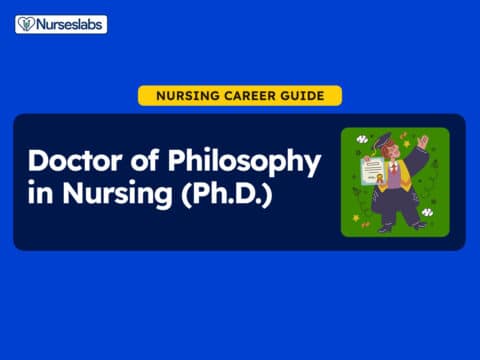
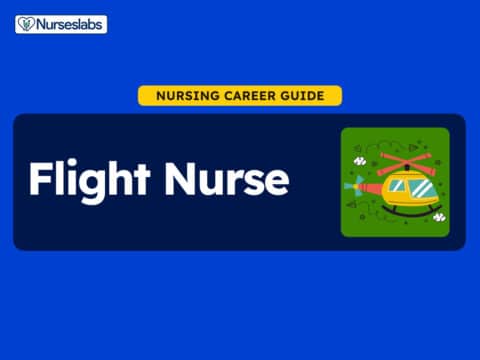
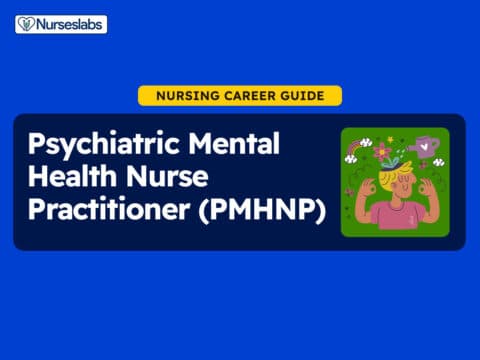
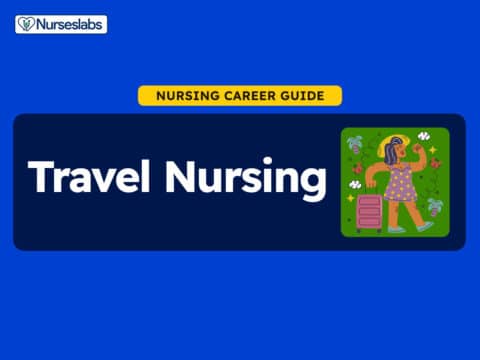
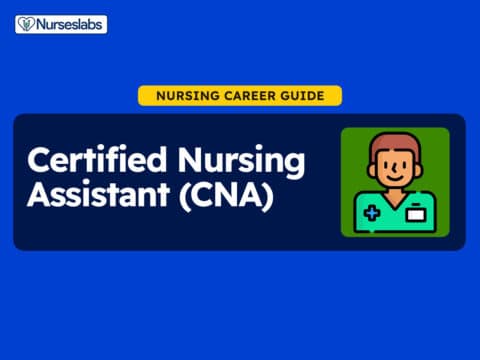
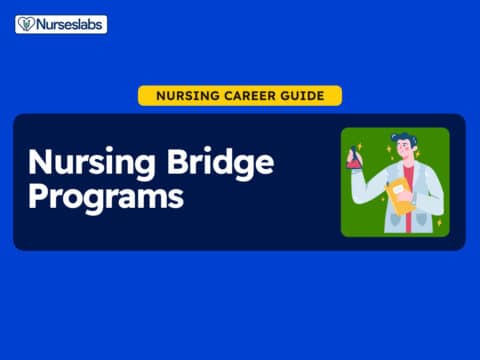
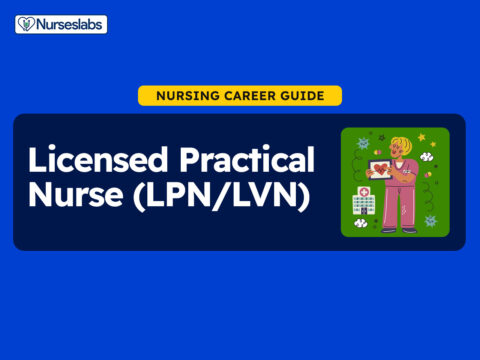
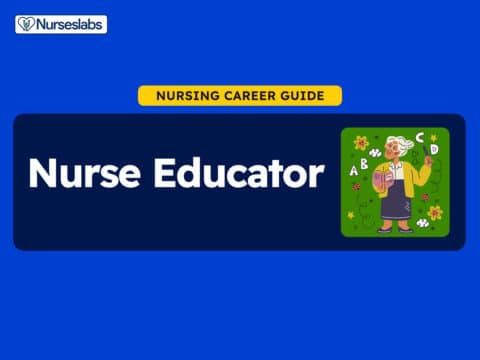
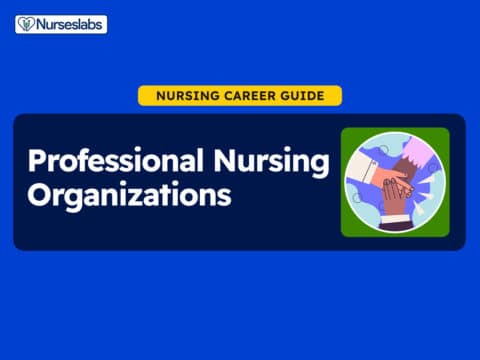
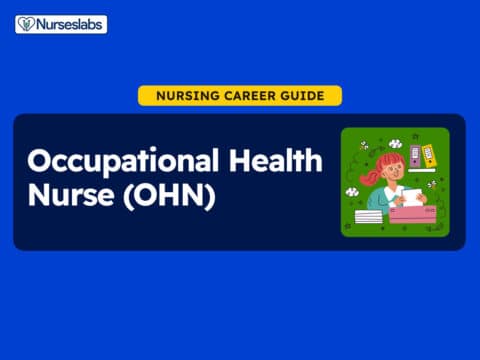
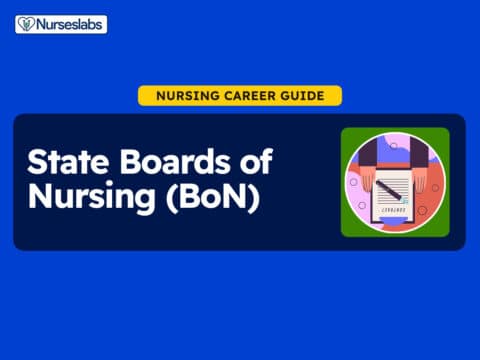
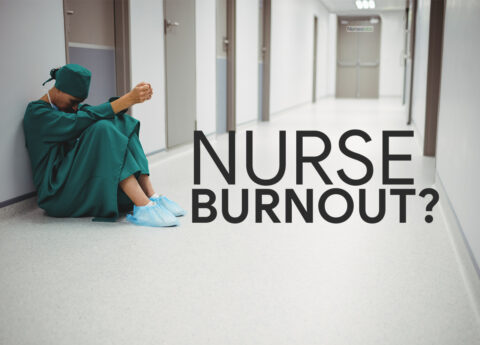
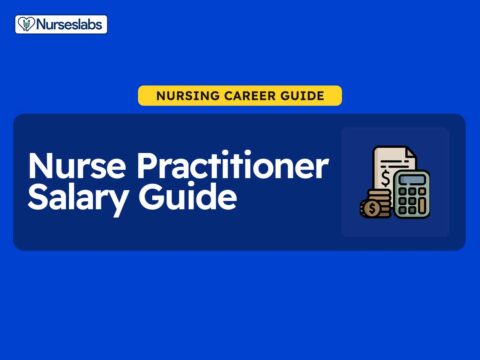
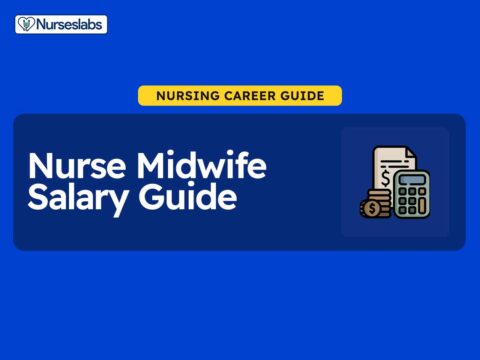
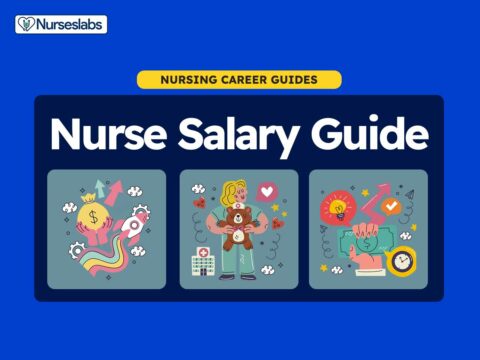
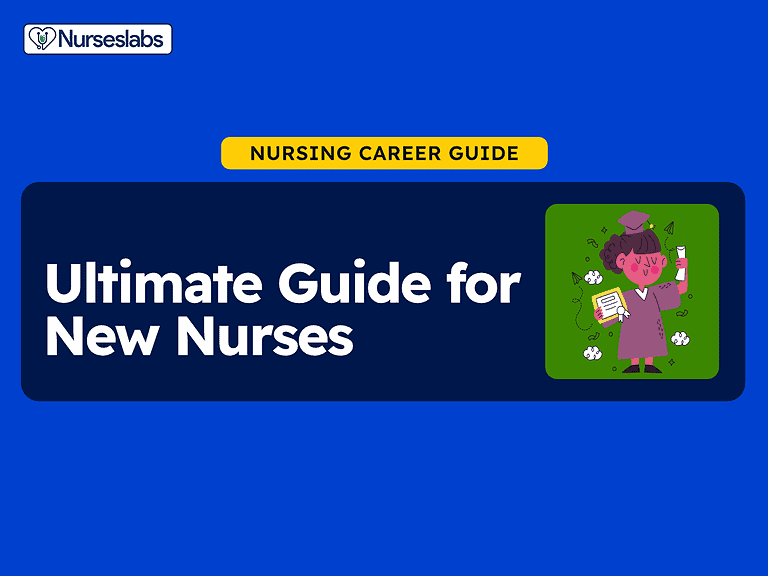
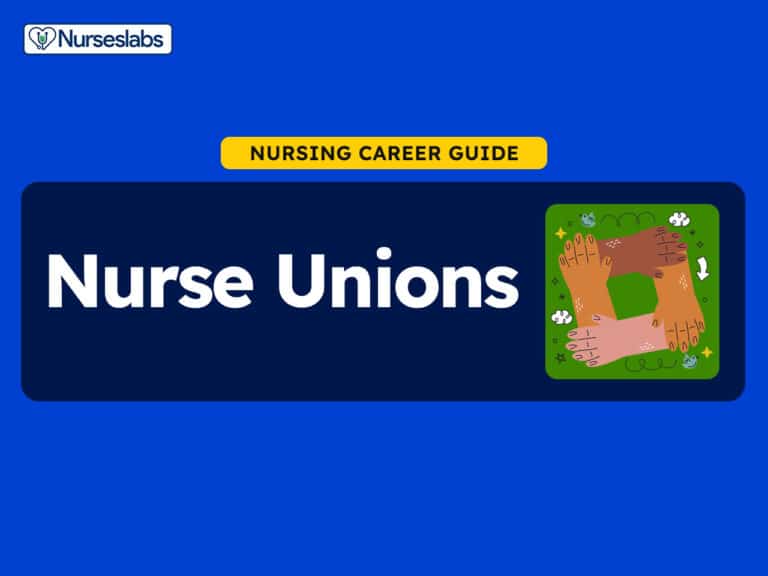
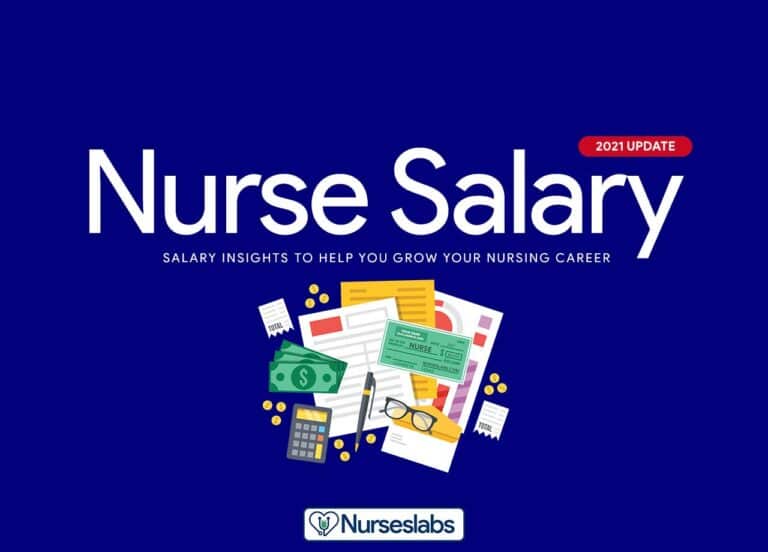
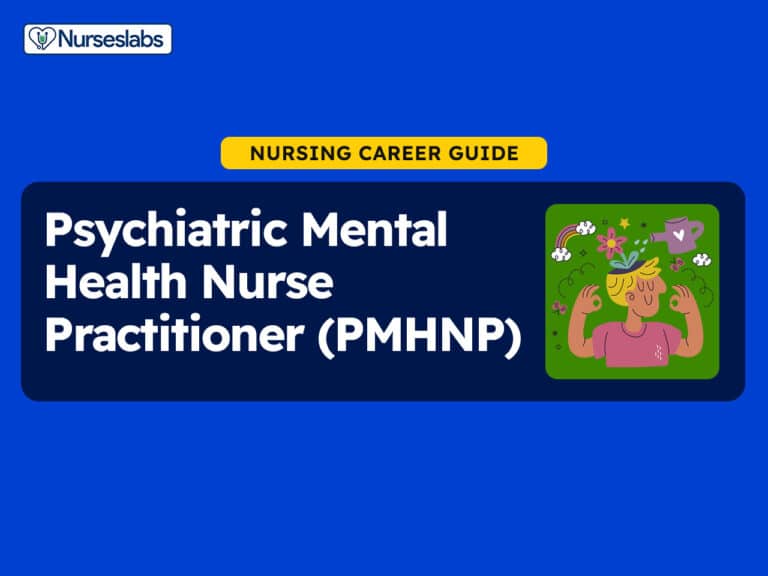
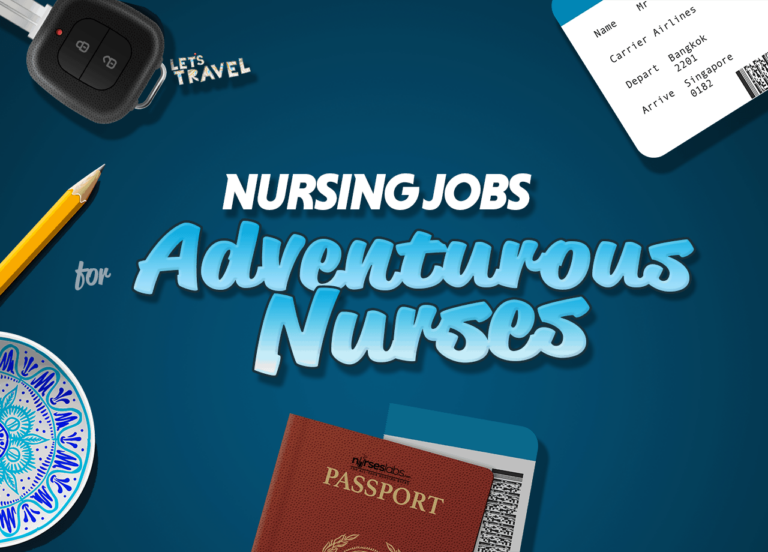
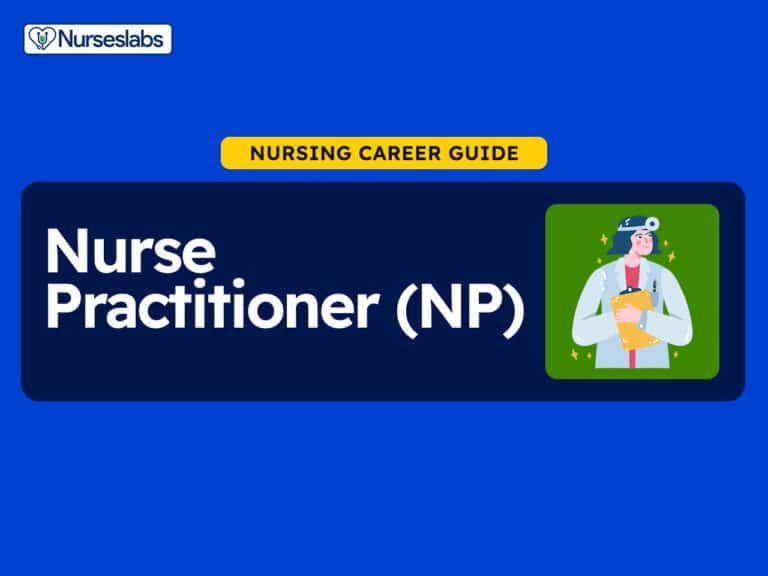

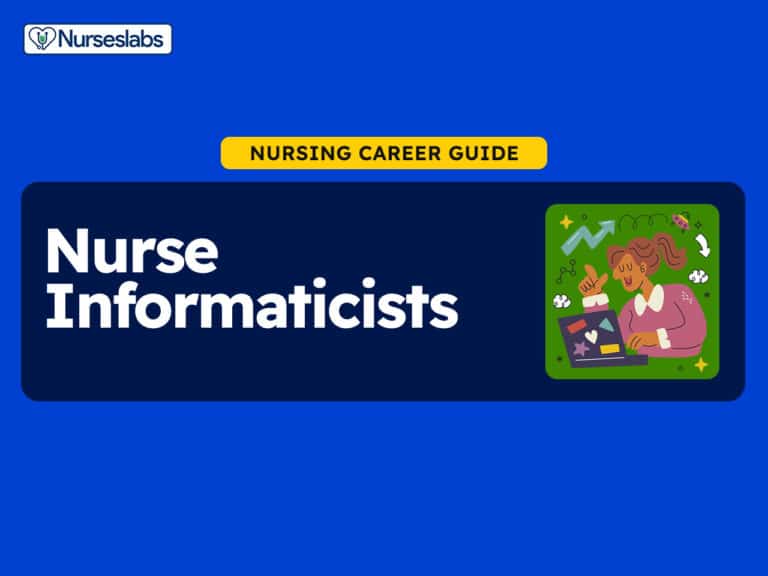
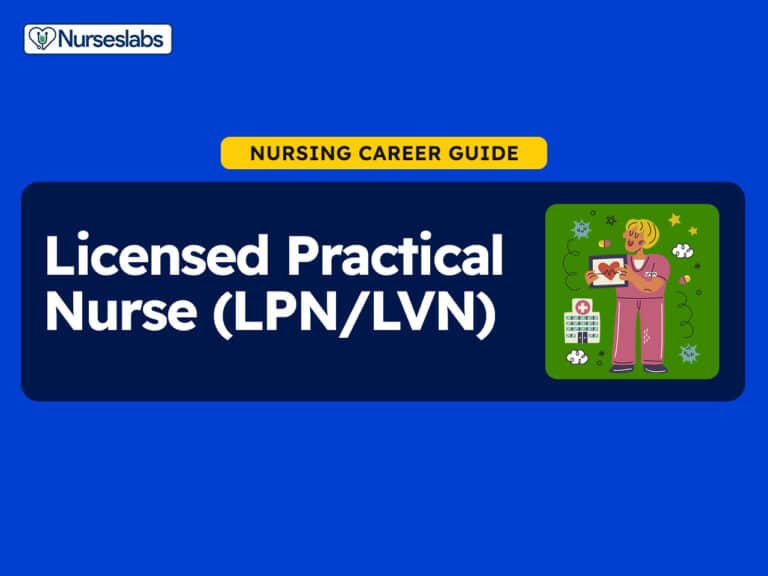
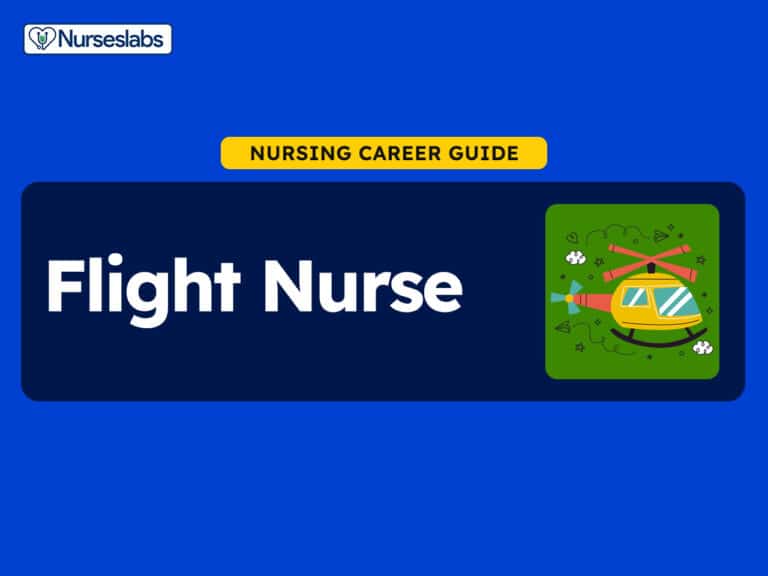
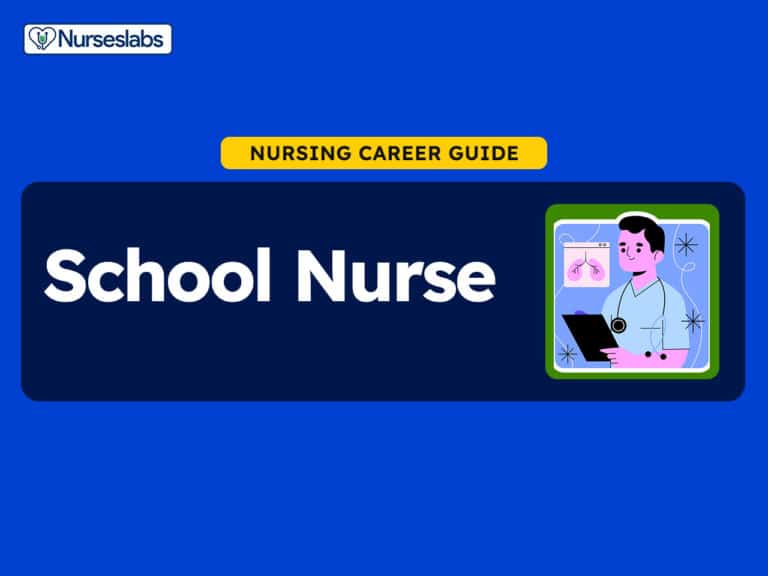
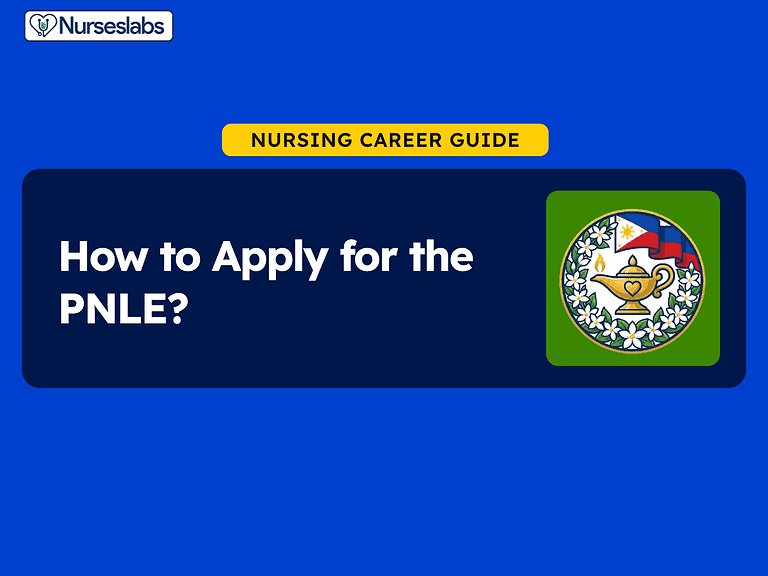
Leave a Comment